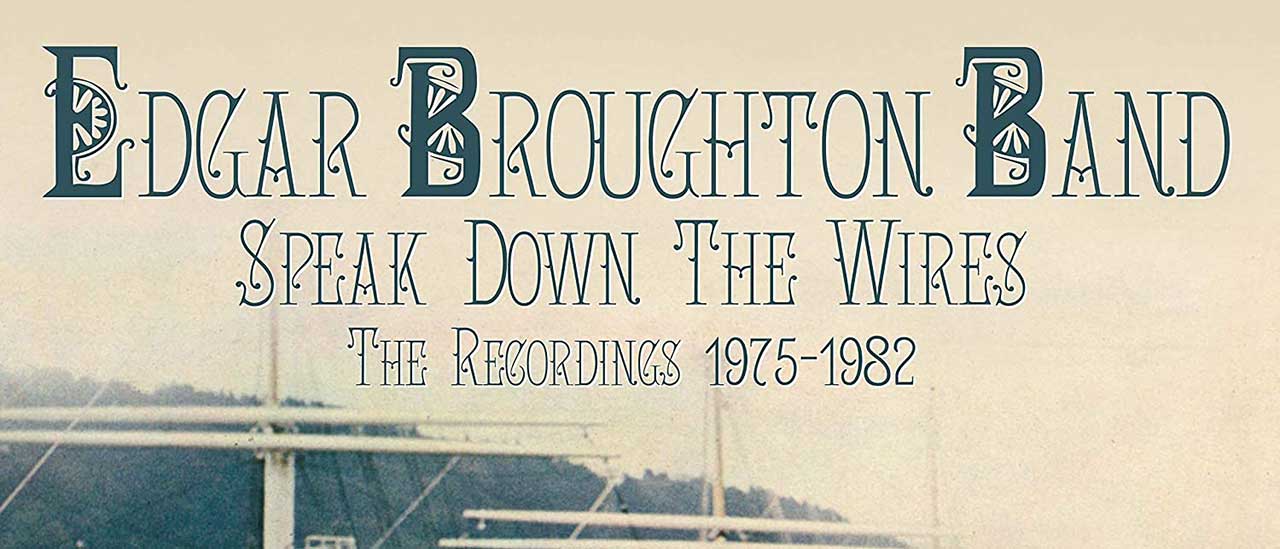A product of the 60s blues-rock scene, Edgar Broughton Band first rose to prominence in 1969 with their Harvest Records debut album Wasa Wasa.
By the mid-70s, however, they were in limbo, until they signed to the NEMS agency and released their sixth album, Bandage, a more flexible and nuanced departure from the acid-tinged hard rock for which they were previously known.
This is evident on Get A Rise, with its bucolic honky-tonk managing to conflate improved wages for the working man with trouser arousal; raunch and social consciousness always featured strongly with the Edgar Broughton Band.
Mike Oldfield contributes instrumentally, ranging from dulcimer to touches of ARP synth on what is a more thoughtful and well-arranged album than many might have expected.
Live Hits Harder!, the live album eventually released in 1979, is a reminder of EBB’s rockier side, recorded on what was supposed to be their farewell tour, with Love In The Rain showing that Broughton coined the line ‘Something came over me’ well in advance of Throbbing Gristle.
Parlez-Vous English? (1979) shows that the band (temporarily The Broughtons) were well up to speed with new-wave developments, on Little One, a Police pastiche rendered in an unfortunately comic West Midlands accent.
What’s admirable about EBB is that despite their reputation as purveyors of a boogie as ancient as England itself, and a band who have played every Corn Exchange up and down this fair land, they were willing to embrace the modernity of electronics on tracks like the synth-buffeted Drivin’ To Nowhere, as well as the acoustic, pining nostalgia of April In England.
Come the 80s and a landscape slick with synth-pop, with Superchip the Edgar Broughton Band again showed their adaptability. Like Mike Batt around the same time, they tried to have their futurist cake and eat it, embracing the fashionable synthetic sounds and new-wave tropes of the day while using them to paint a picture of the dystopian decades to come.
It’s a concept album based on the chaos that ensues when the global computer banking system collapses. Unfortunately for their prognosis, but fortunately for the rest of us, this bleak vision did not come to pass. This was EBB’s final studio album, a last, bold stab at relevance.
They have endured, however, as an ongoing live concern. These reissues are a reminder of their range and ambition.

